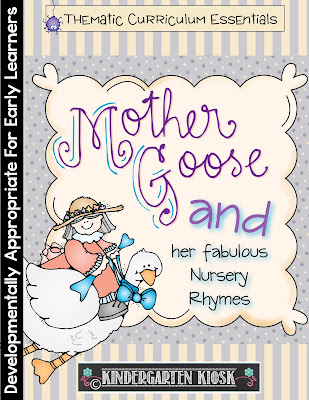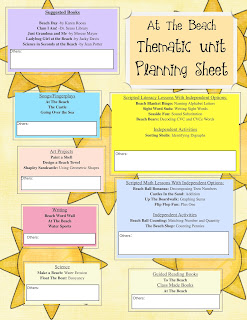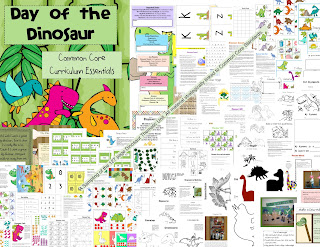 |
| Children must be taught to read sequentially, using developmentally appropriate means. |
----------------------------------------------------------------------------------------------------------------------------------
I've seen a lot of hubbub lately touting the teaching of reading at an increasingly early age. First, there was a commercial for a program claiming it could teach your baby to read. Then, I saw an ad for a school whose biggest selling point (according to the ad) was that their school can have your child reading before kindergarten. Apparently, learning to read has become some sort of derby and the children who are ridden there the fastest are the winners. And with the pressure to push academia on our children ever and ever earlier, I can't help but think that this is a pretty damaging attitude to have.
Learning to read is not a race. And the fact is, I could tell you right now how you can teach your baby or toddler to read, but it won't make your child a life-long reader. This is what anybody who wants to push excessively early reading on your child is trying to sell you: flash cards. It is a fact that a child can become a reader by memorizing words (teach your child to remember 100 common words such as the, like, and, and and they will appear to be a reader). Now, memorizing common words is important--the most common words in the English language are generally not easily decodable--but there are foundational skills that need to be in place for a child to be a successful reader, and if we push them to the end result to quickly without making sure the necessary skills are in place, there will be problems later on.
In fact, there is something known as the fourth grade slump (sometimes the third grade slump) in which children who were successful academically suddenly encounter problems in third or fourth grade where they are suddenly required to read to learn, instead of being required to learn to read. Children who do not have foundational reading skills will flounder at this requirement because they were shunted off quickly into the skill of reading without being taught how to be a reader.
Because of this, we should be more concerned with reading processes than the reading product. It's not about who's child reads first, it's about laying a good foundation for third grade content reading. This is the strategy in Finland, where the literacy rate is higher than in the U.S. And we need to be aware that these foundational skills need time to develop. Some children are ready to read at 3 and some children aren't ready until they are 7. Learning to read is a kindergarten through third grade skill.
So if we shouldn't be trying to get our kids reading and reading quickly, then what should we be doing? The focus in the early childhood years should really be on oral language, not written language. In order to be, not just children who can read, but successful readers, children need to be masters of the spoken word. They should talk, they should ask questions, they should play games with the sounds of language, they should listen to rhymes, and they should play. Because learning to read may be challenging, exhilarating, exhausting, frustrating, exciting, daunting, invigorating, and a great many other things. But there is one thing that learning to read is not.
It's not a race.

I've seen a lot of hubbub lately touting the teaching of reading at an increasingly early age. First, there was a commercial for a program claiming it could teach your baby to read. Then, I saw an ad for a school whose biggest selling point (according to the ad) was that their school can have your child reading before kindergarten. Apparently, learning to read has become some sort of derby and the children who are ridden there the fastest are the winners. And with the pressure to push academia on our children ever and ever earlier, I can't help but think that this is a pretty damaging attitude to have.
Learning to read is not a race. And the fact is, I could tell you right now how you can teach your baby or toddler to read, but it won't make your child a life-long reader. This is what anybody who wants to push excessively early reading on your child is trying to sell you: flash cards. It is a fact that a child can become a reader by memorizing words (teach your child to remember 100 common words such as the, like, and, and and they will appear to be a reader). Now, memorizing common words is important--the most common words in the English language are generally not easily decodable--but there are foundational skills that need to be in place for a child to be a successful reader, and if we push them to the end result to quickly without making sure the necessary skills are in place, there will be problems later on.
In fact, there is something known as the fourth grade slump (sometimes the third grade slump) in which children who were successful academically suddenly encounter problems in third or fourth grade where they are suddenly required to read to learn, instead of being required to learn to read. Children who do not have foundational reading skills will flounder at this requirement because they were shunted off quickly into the skill of reading without being taught how to be a reader.
Because of this, we should be more concerned with reading processes than the reading product. It's not about who's child reads first, it's about laying a good foundation for third grade content reading. This is the strategy in Finland, where the literacy rate is higher than in the U.S. And we need to be aware that these foundational skills need time to develop. Some children are ready to read at 3 and some children aren't ready until they are 7. Learning to read is a kindergarten through third grade skill.
So if we shouldn't be trying to get our kids reading and reading quickly, then what should we be doing? The focus in the early childhood years should really be on oral language, not written language. In order to be, not just children who can read, but successful readers, children need to be masters of the spoken word. They should talk, they should ask questions, they should play games with the sounds of language, they should listen to rhymes, and they should play. Because learning to read may be challenging, exhilarating, exhausting, frustrating, exciting, daunting, invigorating, and a great many other things. But there is one thing that learning to read is not.
It's not a race.















































